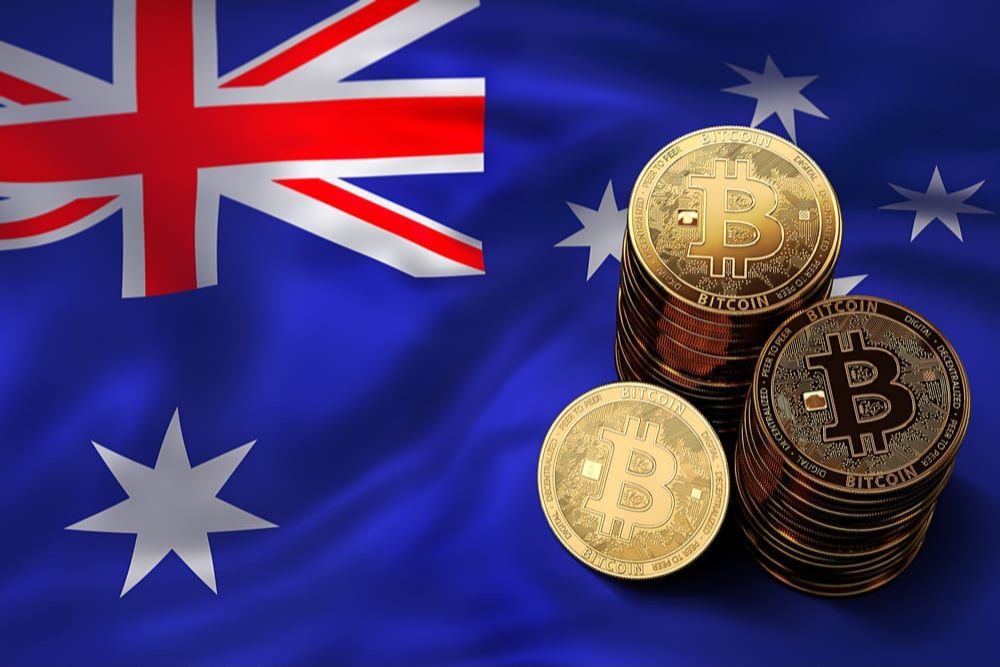The Australian Securities and Investment Commission (ASIC) has proposed that crypto firms are required to obtain financial services licenses.
In a recent report, the ASIC noted that regulatory obligations for crypto platforms in Australia are expected to expand beyond just crypto exchanges.
The country’s new requirement comes a year after the Australian Treasury released a proposal requiring crypto exchanges with a certain threshold of assets to obtain an Australian Financial Services Licence.
According to ASIC commissioner Alan Kirkland, the new requirements are essential since the regulatory body believes the Corporations Act captures most major crypto assets like Bitcoin.
Kirkland also revealed that the ASIC plans to update the Corporations Act’s Information Sheet 225 to clarify how specific crypto tokens and certain products should be treated.
Australia Faces Criticism
The announcement regarding ASIC’s upcoming guidance comes as Senator Andrew Bragg, a pro-crypto Australian politician elected as senator for New South Wales in 2019, criticized the country’s regulators for their lack of a proactive stance on crypto market regulation.
Bragg noted that the government entirely disregarded the 2022 regulatory framework for crypto asset secondary service providers (CASSP) after the election. Instead, the Labor Party reintroduced the consultation paper after a year but has remained relatively quiet.
“Labor will not deliver any crypto legislation in this term of Parliament. Labor has wasted three years by solely focusing on the needs of their close vested interests like unions and super funds,” Bragg said.
Crypto Platforms Obtaining License
Recently, an increasing number of countries have started to adopt cryptocurrency and urged crypto firms to obtain licenses to provide trading services to users efficiently.
On September 3, the Ghanaian government announced it will launch a regulatory guideline for crypto adoption in the country. The nation’s regulators previously warned that users were at their own risk as crypto assets were not recognized as legal tender.
The Hong Kong Securities and Futures Commission (SFC) has also raised concerns over the ongoing inspection of crypto exchanges as they await full regional licensing.
Find Cryptocurrencies to Watch and Read Crypto News on the Go Follow CryptosToWatch on X (Twitter) Now

